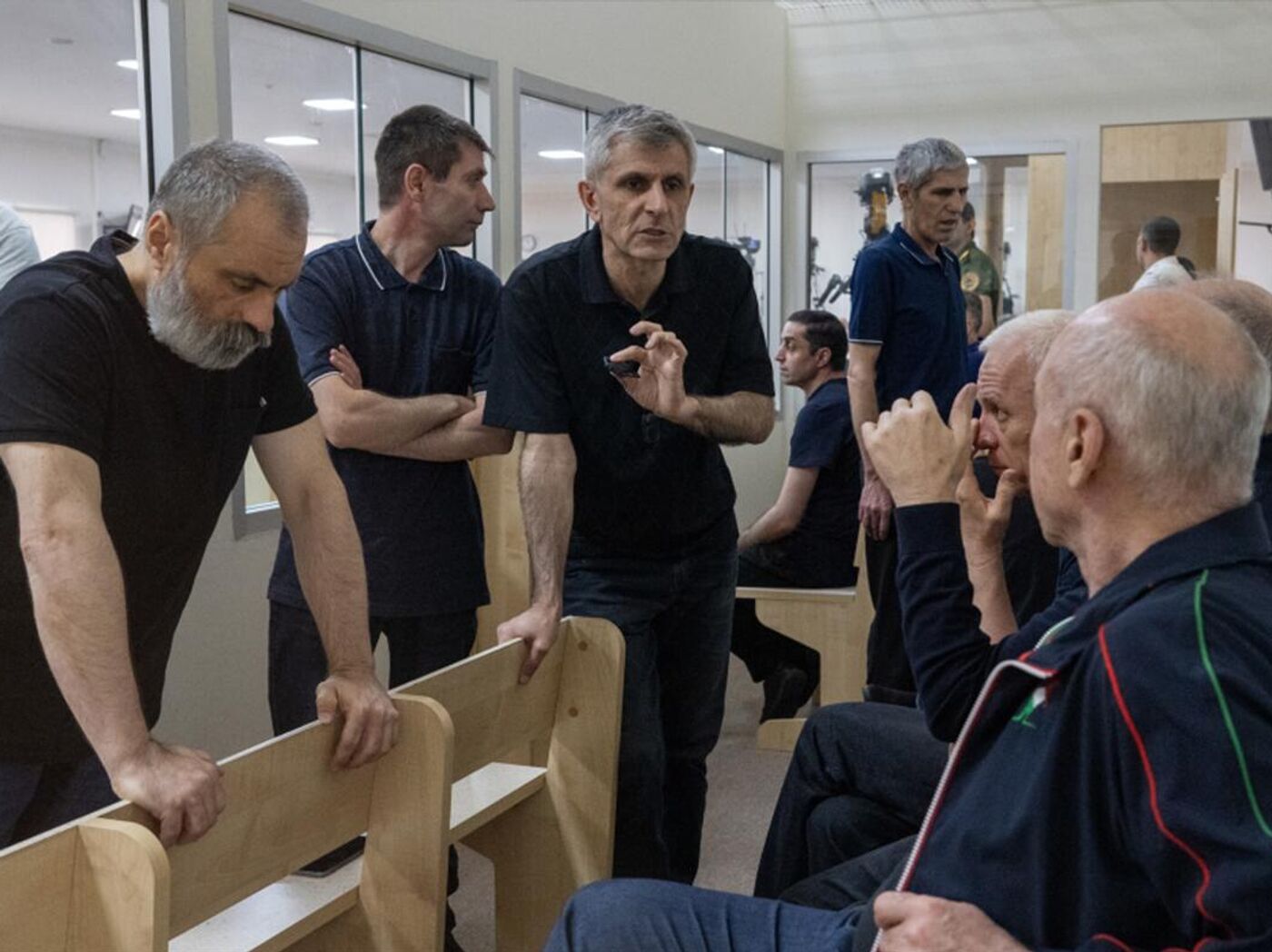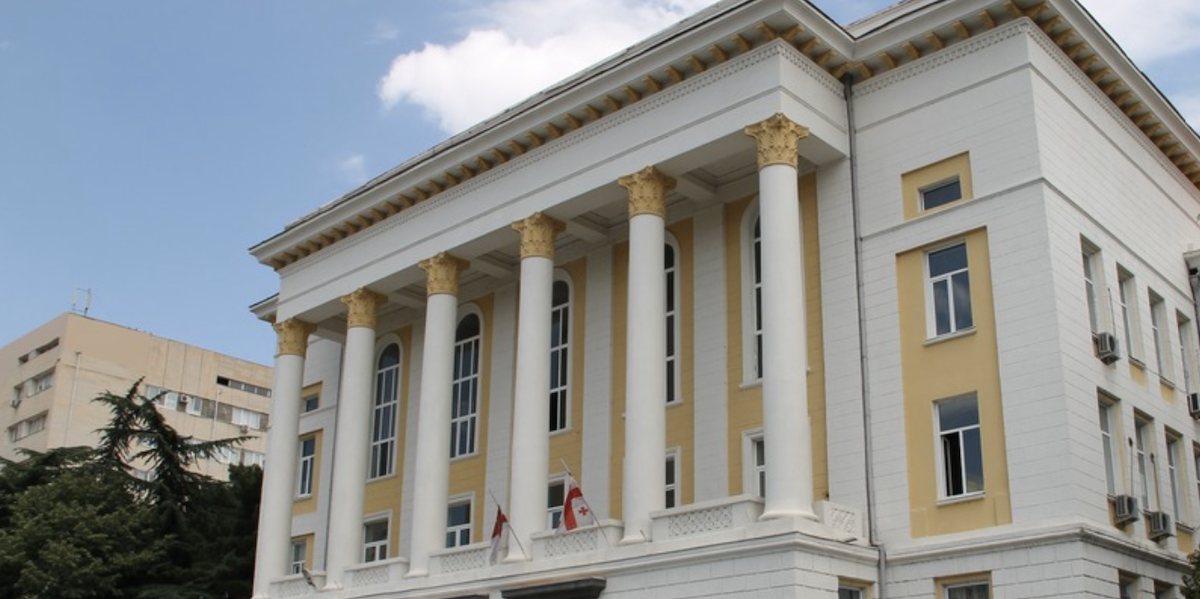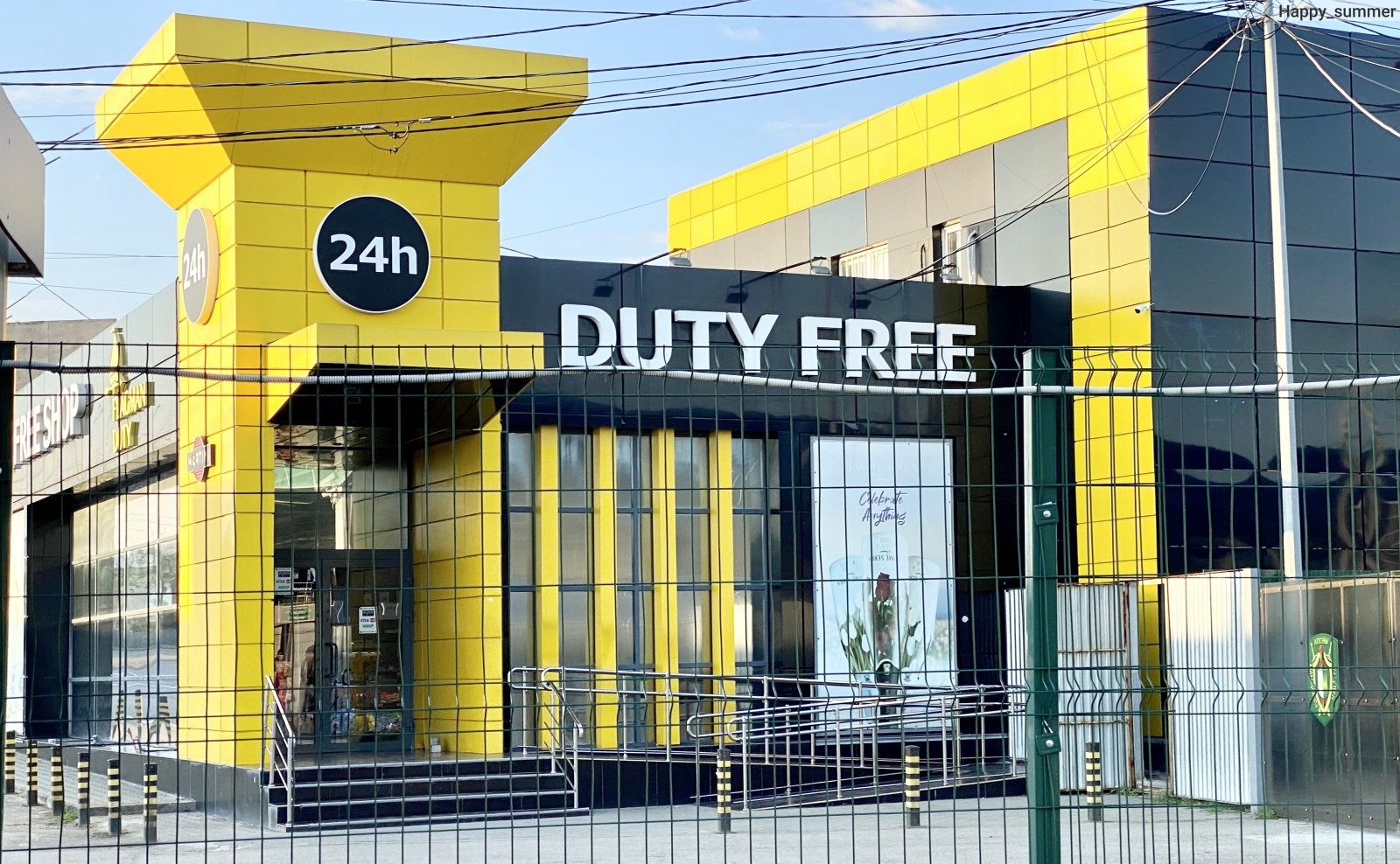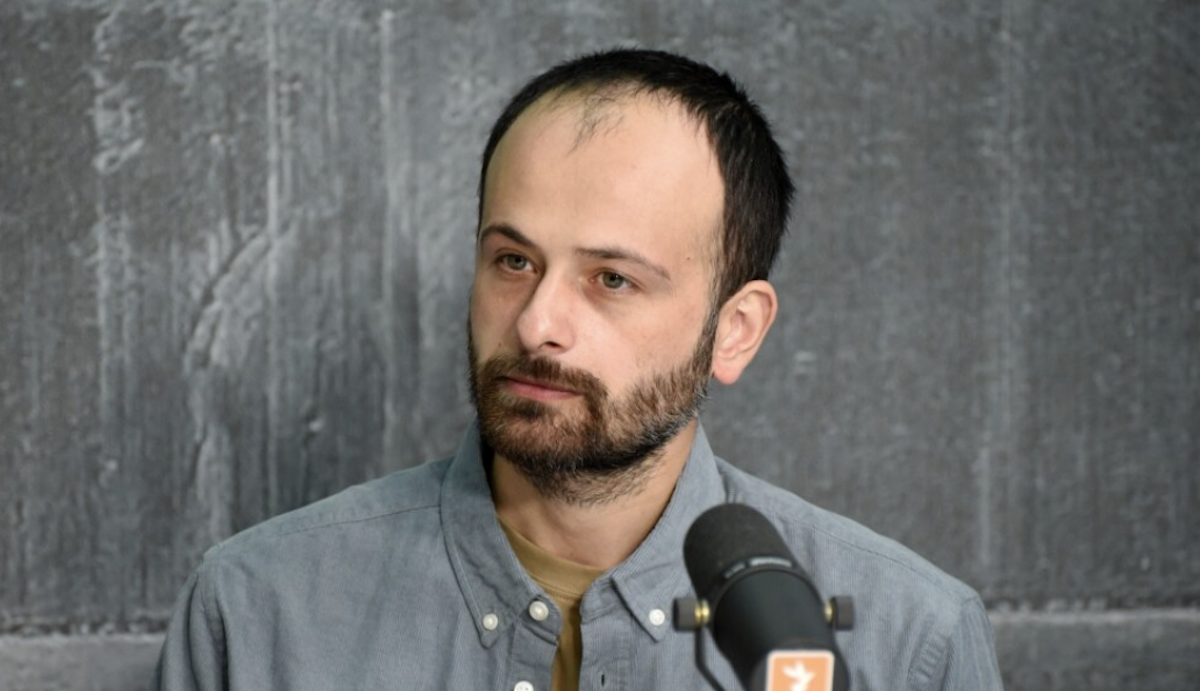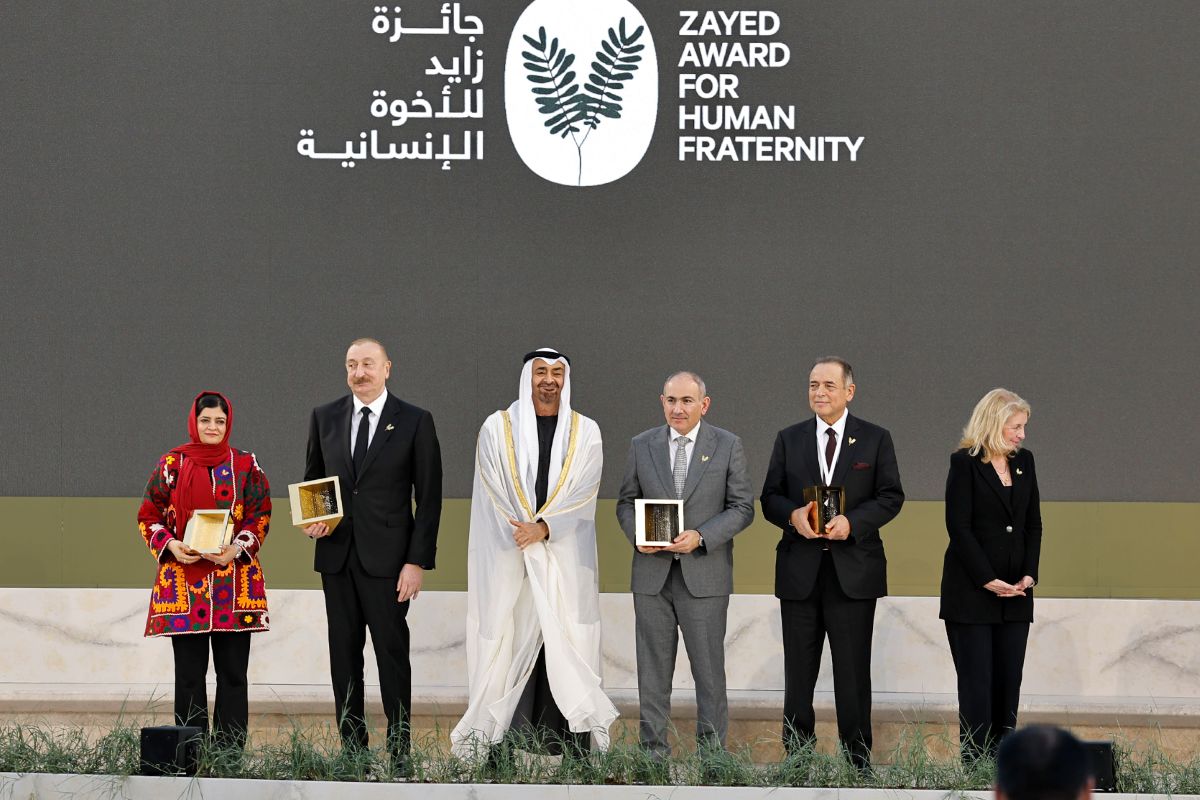"End of history" or "new beginning"? Reflections of an Azerbaijani economist
Challenges for Azerbaijan’s economy
Dependence of Azerbaijan‘s economy upon the energy sector and energy exports poses great challenges for the country on diversification and development of the non-oil sector. This has been discussed at all levels since the ’90s. But the figures prove that the Azerbaijani economy is almost entirely dependent on this energy, and no reforms can change the situation.
- “Armenia is openly threatened with the Ukrainian scenario”. Opinion from Yerevan
- High price of tickets at AZAL believed to be purchase of fuel at global prices
- Attempt to impeach Georgian President fails
JAMnews presents an analytical exposition by economic expert Farid Mehralizade, who talked about the the main challenges facing Azerbaijan in the near future.
“In recent days, more precisely, after the Azerbaijani flag was raised in Khankendi, public discussions in the country have taken an interesting form. In particular, the rhetoric of the official media resembles Fukuyama’s concept of the “end of history”.
Of course, Azerbaijan’s restoration of its territorial integrity is a great event and opens the door to a final resolution of the conflict with Armenia. But it is wrong to think that with the solution of the Karabakh problem all problems of the country have been solved.
There are still serious challenges in Azerbaijan that need to be addressed. In the post-conflict period, one of the main areas of public debate, both for the government and its opponents, should be the economic development of the country.
Energy transition
The process of energy transition accelerated after the outbreak of war between Russia and Ukraine. Many developed countries have further increased investments in alternative energy sources and for this reason the process in which traditional energy carriers are losing their leading positions has accelerated. At the end of this process, the demand for traditional energy carriers will decrease, which in turn will lead to a decrease in the profit from energy resources.
On the other hand, the volume of oil production in Azerbaijan is falling every year. Between 2012 and 2022, the country’s oil production decreased by 30 percent, and this trend will continue. Despite heated discussions on the development of the non-oil sector of the economy, still 90 percent of exports and 50 percent of budget savings are formed at the expense of the oil and gas sector.
Although the expression “oil money does not go to the people” is popular among the people, every other manat of civil servants’ salaries and pensions is provided at the expense of oil and gas profits.
But what if one day this profit decreases? The country’s earnings from non-oil exports are not even enough to cover half of imports. In terms of meeting the government’s budgetary obligations and the exchange rate of the national currency, the energy sector’s profits play a crucial role.
According to the World Bank’s simulation of the long-term growth of the Azerbaijani economy, “Azerbaijan’s population growth rate is declining and the population is aging. The country is facing depletion of hydrocarbon reserves. Asset dilution is not at an adequate level, and the share of the non-oil sector in growth is limited.” This simulation shows that unless the government addresses these problems, Azerbaijan’s annual economic growth in 2024-2050 will be 0.5 percent. And this means stagnation at best.
Efficient spending of public funds
From the draft budget for 2024, it is clear that 1.92 billion manats [about $1.1 billion] has been allocated for spending on the state debt next year. In other words, five percent of the budget expenditures are related only to servicing the state debt. More than half of this amount will be spent on interest on the debt.
The amount that will be spent on servicing the public debt is more than the amount budgeted for health care.
At present, effective utilization of public funds in Azerbaijan is more important than ever. To ensure this, transparency and accountability in the distribution of these funds are first and foremost necessary. From this point of view, another important issue is participation in decision-making. The distribution of public funds should not be done behind closed doors, but through public hearings with the participation of interested circles of society.
Labor market and brain drain
The World Bank study on Azerbaijan states that the adoption of digital technologies in the workplace has been growing steadily recently. From this point of view, in global markets it is no longer sufficient to have a low-wage labor force to remain competitive. A highly skilled labor force is required for sustainable economic development. One of the main challenges for the economy of Azerbaijan is precisely the lack of a highly qualified labor force.
Serious changes in the education system are needed to eliminate this problem. The inadequacy of the education system in Azerbaijan to the current requirements is proved both by the internal results of students in examinations, and by the assessments of Azerbaijani schoolchildren at the international level.
Along with a shortage of specialized personnel, the problem is made even more serious by the accelerating brain drain from the country. This year alone, 16 of my acquaintances – highly qualified young cadres – have left the country for good. Why are these people leaving Azerbaijan? What should be done to change this trend?
Income and wealth inequality
Some figures known to the public in Azerbaijan show the high degree of inequality of income and wealth in the country. For example, half of the land plots belong to 10 percent of all land owners. Almost half of all savings in the country’s banks are the wealth of only one percent of depositors.
The reason for this inequality in the country lies in the failure of the competitive environment in business. Therefore, it is necessary to find an answer to the question, which business model is beneficial for us – with large holdings in the center or with small and medium entrepreneurship in the foreground?
Another important point is foreign investments. Almost 80 percent of all investments in Azerbaijan are in the energy sector. Why is our non-oil sector so unattractive for foreign investors?
Social policy
Social policy has many components, but I think one of the most important is pensions.
Suffice it to mention just one fact. Since 2017, there are 30 percent more people over 65 in the country. But during the same period, the number of those receiving retirement pensions has decreased by 10 percent.
Currently, the pension system in Azerbaijan is far from attractive.
The number of people receiving labor retirement pensions and benefits is approaching one million. In other words, problems in the pension system affect the social welfare of about one million people. From this point of view, the establishment of a normal pension system should be an important topic for discussion.
Water shortage
According to several international studies, Azerbaijan will become one of the most water-stressed countries in the world, and this process has already begun.
Despite Azerbaijan’s limited water reserves, a third of the country’s water is lost through leakages and the share of modern irrigation systems in land reclamation is only five percent. What should be done to ensure food security and prevent an environmental crisis?
The number of sub-topics and questions can be increased. As there are many open questions and pending problems in the country. Therefore the current situation should be seen not as “the end of history”, but as “a new beginning”.












